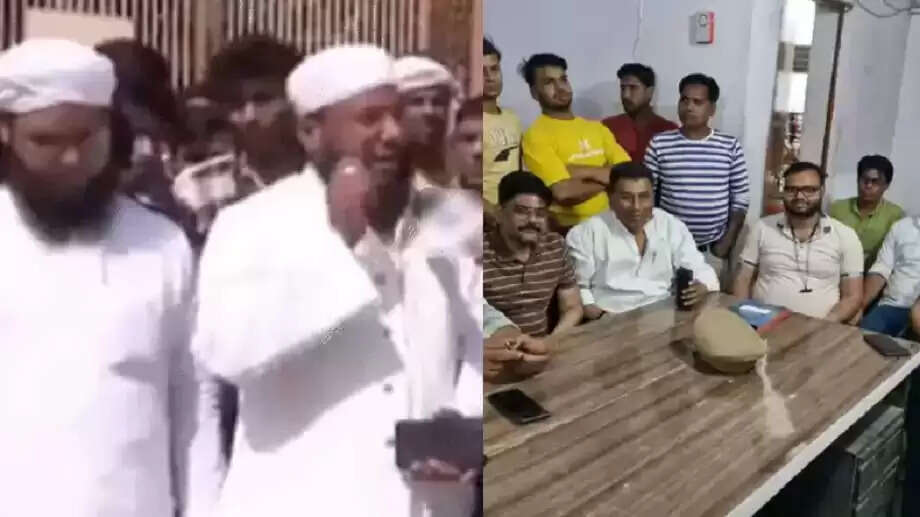Protests Erupt Over Waqf Amendment Bill Amid Controversial Remarks
Protests Following Waqf Amendment Bill Passage

Protests Erupt Over Waqf Amendment Bill Amid Controversial Remarks
Waqf Amendment Bill: Following the approval of the Waqf Amendment Bill in both the Lok Sabha and Rajya Sabha, widespread protests have emerged among Muslim communities across various states. Numerous Maulanas and Imams have made contentious statements, intensifying the situation, particularly due to provocative comments from a Mufti in Aligarh.
Calls for Arrest of Mufti Akbar Kazmi
Calls for Arrest of Mufti Akbar Kazmi
Mufti Akbar Kazmi from Aligarh has publicly declared that the Waqf Amendment Bill is unacceptable to the Muslim community. He warned that if the government does not retract the bill, it could lead to unrest reminiscent of the events of 1947. During a street gathering on Friday, he insisted that the central government must withdraw the legislation. In response, members of Hindu organizations, including Bajrang Dal and BJP supporters, have lodged complaints against him at local police stations, demanding his arrest.
Key Provisions of the New Waqf Bill
Key Provisions of the New Waqf Bill
The newly introduced Waqf Bill allows property owners to appeal to the Revenue Court, Civil Court, or other High Courts, in addition to the Waqf Tribunal. Appeals can be made to the High Court against decisions made by the Waqf Tribunal. Importantly, properties will only be classified as Waqf if they have been officially donated; this applies even if a mosque is constructed on the land. Furthermore, the Waqf Board can include two women and two representatives from other religions.
Source
PC:inkhabar
